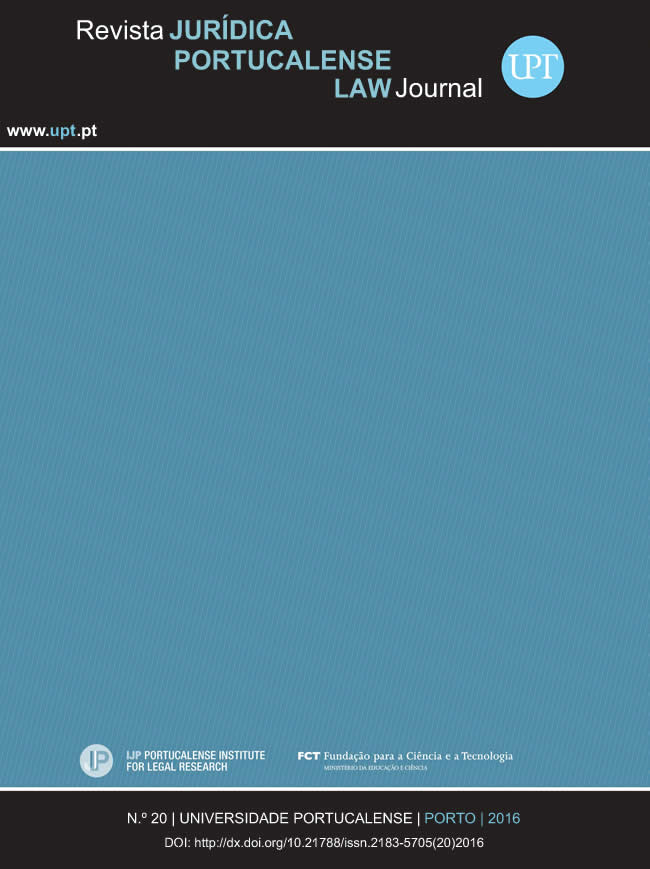Problemáticas em torno do crime de branqueamento
Résumé
O branqueamento de capitais aproveitou-se da crescente abertura e expansão dos mercados para aperfeiçoar as suas técnicas, fazendo-se valer da vulnerabilidade dos países mais fracos. Numa perspectiva evolutiva, compreendemos como este fenómeno tem progredido e de que forma os países e as organizações referenciadas têm um importante papel a desempenhar na sua prevenção.
Este crime foi definido e enquadrado numa perspectiva evolutiva, quer legislativa, quer doutrinária ou até mesmo jurisprudencial, com o objectivo de melhor compreender a sua razão de ser e, consequentemente, qual o bem jurídico que com ele se pretende proteger.
Tratando-se de um crime complexo, que tem na sua dependência um crime que o precede, vários são os pontos divergentes sobre problemáticas relevantes, que impedem uma melhor compreensão do tipo. Por isso mesmo, importa delinear o objecto do branqueamento para determinar se este é um crime acessório ou, pelo contrário, autónomo face ao crime subjacente.
Téléchargements
Publiée
Comment citer
Numéro
Rubrique
Licence
Authors who published in the journal agree to the following terms:
- The Authors grant the Journal the right of first publication, and other non-exclusive publishing rights, licensed under the Creative Commons Attribution License which allows the sharing of work with recognition of its initial publication in this journal.
- Authors are able to take on additional contracts separately, non-exclusive distribution of the version of the paper published in this journal (ex .: publish in an institutional repository or as a chapter in a book), with an acknowledgement of its initial publication in this journal.
- Authors are permitted and encouraged to post and distribute their work online (eg .: in institutional repositories or on their website) at any point before or during the submission process, as it can lead to productive exchanges, as well as increase the impact and the citation of published work (See The Effect of Open Access).
RJP does not apply submission, publication or any other fees of any nature. Its articles are open access, with the goal of disseminating scientific knowledge and the debate of legal topics in the area of Legal Sciences.






